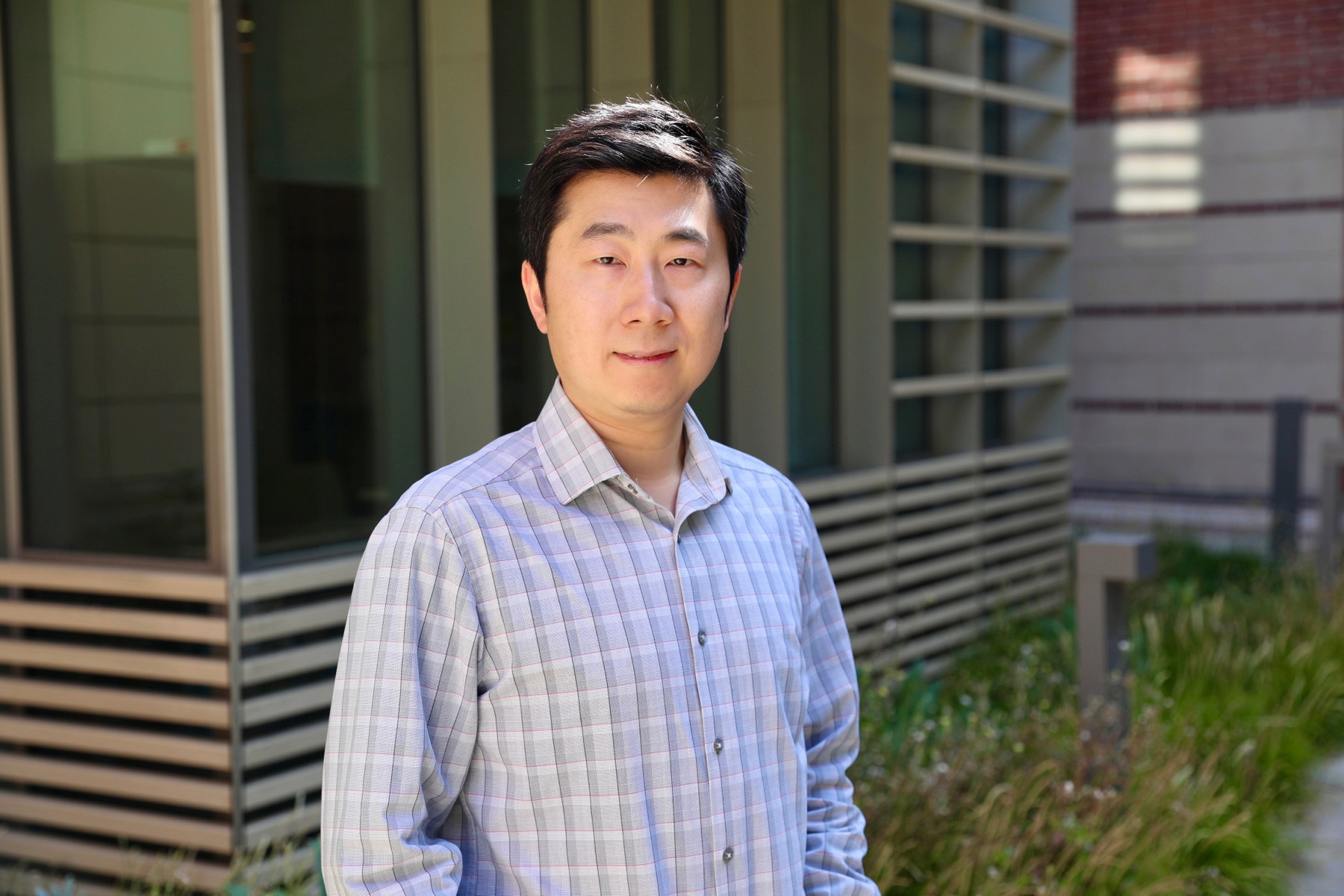Empathy, the ability to emotionally understand and respond to what other people feel, is considered a core human value and a unifying force in society. Empathy and empathy-induced altruism are poorly understood due to their inherent complexity. In December 2020, the WMKF made a Keck Junior Faculty Award to Dr. Weizhe Hong at the University of California, Los Angeles to study the neural circuits of empathetic behavior in mice. Dr. Hong used animal behavior assays and brain imaging with fluorescent reporters to investigate the role of specific brain regions and neuronal subpopulations in controlling empathetic social behaviors. His team showed that mice comfort distressed partners through grooming behavior, and that neural activity in the medial amygdala encodes this behavior. A second study discovered that mice help other mice in pain by licking their wounds. They found that specific brain cells in the mice’s anterior cingulate cortex are active when they see another mouse in pain, and manipulating these neurons affected the licking behavior. Their work resulted in six publications, including two papers in Nature. Dr. Hong is now full professor and has recently received two honors at UCLA: the 2021 John H. Walsh Young Investigator Research Prize and the 2023 H. W. Magoun Distinguished Lectureship.
